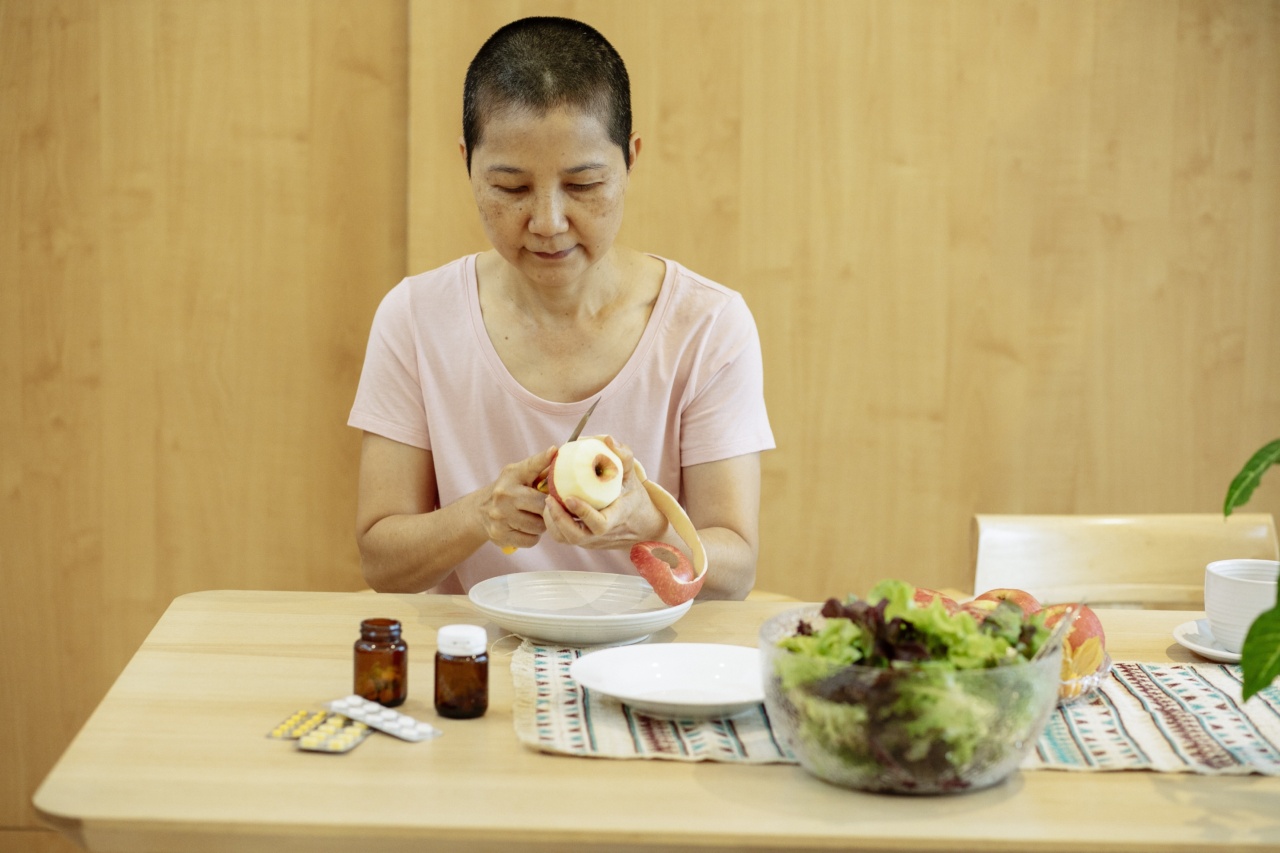Antioxidants are compounds that have the ability to protect cells in the body from damage caused by free radicals.
Free radicals are unstable molecules that can damage cells, and have been linked to a range of health problems, including cancer, heart disease, and aging.
How Do Antioxidants Work?
When free radicals are produced as a result of normal bodily processes such as metabolism, antioxidants neutralize them before they can cause damage to cells. Antioxidants can also be found in certain foods and supplements.
The Role of Antioxidants in Cancer Prevention
Research has shown that cancer cells are particularly susceptible to damage by free radicals. Antioxidants can help to prevent cancer by reducing the oxidative stress that can lead to cellular damage.
Studies have shown that people who consume a diet rich in antioxidants have a lower risk of developing many types of cancer, including lung, prostate, stomach, and colon cancer.
Antioxidants and Cold-Fighting
In addition to their cancer-fighting properties, antioxidants can also help to boost the immune system, which can be particularly beneficial during cold and flu season.
Vitamin C, for example, is a popular antioxidant that is often taken to help prevent and treat colds. Other antioxidants that may help to boost immune function include vitamin E, beta-carotene, and selenium.
Antioxidant Supplements
While it’s best to get your antioxidants from a healthy diet that is rich in fruits, vegetables, and other plant-based foods, supplements may also be helpful, particularly for individuals who have difficulty meeting their nutritional needs through diet alone. However, it’s important to note that some antioxidants in supplement form may be harmful in large doses, so it’s important to talk to your doctor before taking any supplements.
The Potential Risks of Antioxidants
While antioxidants can have many health benefits, there is some concern that taking high doses of certain antioxidants may actually increase the risk of cancer.
For example, some studies have suggested that high doses of beta-carotene may actually increase the risk of lung cancer in smokers. Additionally, some studies have suggested that high doses of vitamin E may increase the risk of prostate cancer.
It’s important to talk to your doctor before taking any antioxidant supplements to determine the appropriate dosage and potential risks.
Conclusion
Antioxidants play an important role in promoting good health and preventing disease. They can protect cells from damage caused by free radicals, and may help to prevent cancer and boost the immune system.
While it’s important to get antioxidants from a healthy diet, supplements may also be helpful for some individuals. However, it’s important to talk to your doctor before taking any supplements to ensure that you are taking them in the appropriate dosage and that they are safe for you.






























